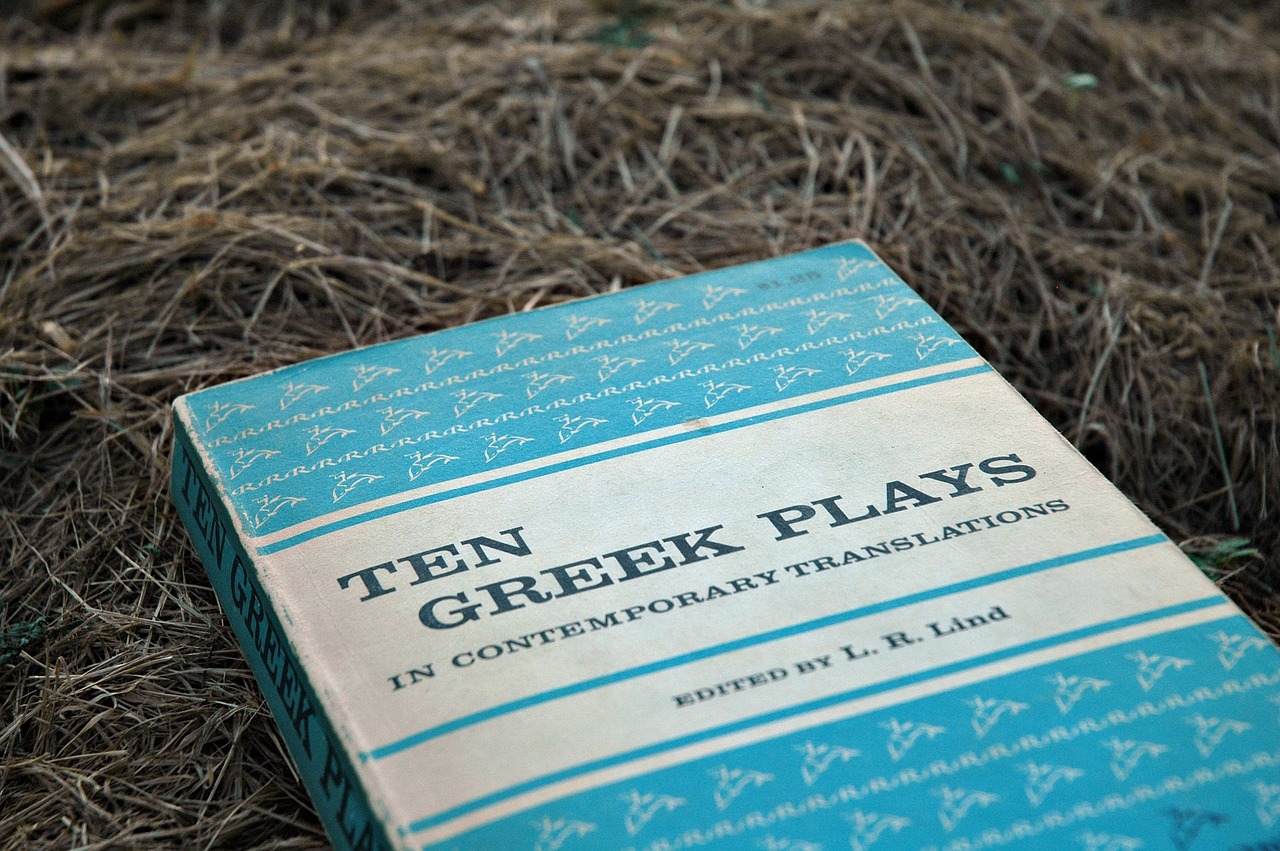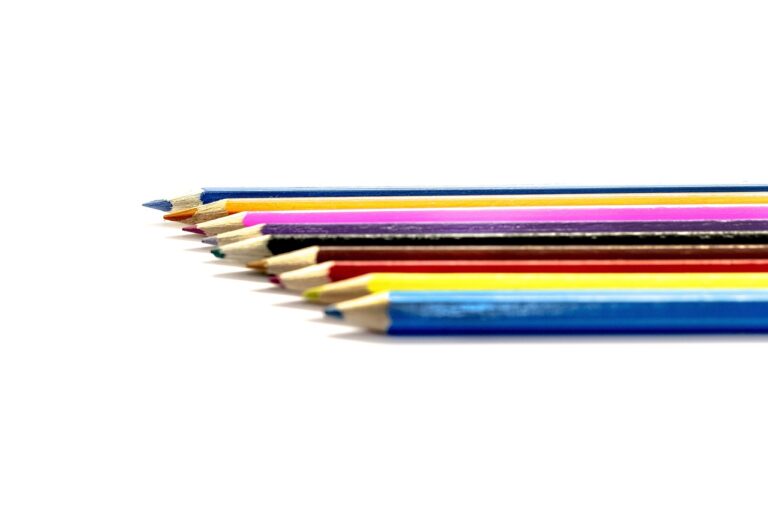Exploring the Intersection of Indigenous Knowledge and Western Education
Indigenous knowledge holds a wealth of wisdom that has been passed down through generations, offering unique perspectives on the world and valuable insights into sustainability, social justice, and holistic well-being. By incorporating indigenous knowledge into education, students gain a more comprehensive understanding of diverse perspectives, fostering cultural appreciation and respect for different ways of knowing and being. This integration not only enriches the educational experience but also helps to bridge the gap between traditional knowledge systems and western education frameworks.
Furthermore, embracing indigenous knowledge in education can empower indigenous students by validating their cultural heritage and identities, instilling a sense of pride and belonging in educational settings. It provides a platform for indigenous voices to be heard and acknowledged, promoting inclusivity and diversity within the education system. By recognizing and valuing indigenous knowledge, educational institutions can create a more inclusive and equitable learning environment that honors the rich cultural heritage of indigenous communities.
Challenges Faced by Indigenous Students in Western Education Systems
Indigenous students navigating through Western education systems often encounter a multitude of challenges. Many face cultural barriers that can hinder their learning experience, as the curriculum may not always align with their traditional ways of knowing and understanding the world. This mismatch can lead to feelings of disconnection and alienation from their own heritage and values.
Furthermore, the lack of representation and recognition of Indigenous knowledge and perspectives within the educational framework can contribute to a sense of marginalization among these students. This exclusion not only undermines the richness of their cultural heritage but also hampers their ability to fully engage and thrive academically within Western institutions.
Cultural Bias in Western Education Curriculum
Western education systems have long been criticized for perpetuating cultural bias in their curricula. The emphasis on Eurocentric perspectives in history, literature, and science often marginalizes the rich diversity of other cultures and worldviews. This narrow focus excludes the valuable contributions of indigenous peoples, people of color, and other marginalized groups from being represented in educational materials.
Furthermore, the lack of cultural diversity in the curriculum can lead to a disconnect between students and their own heritage and identity. When students do not see themselves reflected in the materials they are studying, it can result in a sense of alienation and disengagement from the learning process. This not only hinders academic achievement but also reinforces feelings of cultural inferiority among students whose backgrounds are not adequately represented in the curriculum.
• The emphasis on Eurocentric perspectives in history, literature, and science marginalizes other cultures
• Excludes valuable contributions of indigenous peoples, people of color, and marginalized groups
• Lack of cultural diversity can lead to disconnect between students and their heritage
• Students may feel alienated and disengaged from learning process
• Hinders academic achievement and reinforces feelings of cultural inferiority
Why is it important to include Indigenous knowledge in education?
Including Indigenous knowledge in education helps to promote cultural diversity, provide a more holistic perspective, and empower Indigenous students by validating their cultural identity.
What are some of the challenges faced by Indigenous students in Western education systems?
Some challenges faced by Indigenous students in Western education systems include cultural bias in the curriculum, lack of representation of Indigenous perspectives, and struggles with cultural identity.
How does cultural bias manifest in Western education curriculum?
Cultural bias in Western education curriculum can manifest through the prioritization of Western perspectives, lack of representation of Indigenous knowledge, and the perpetuation of stereotypes about Indigenous cultures.
What can be done to address cultural bias in Western education curriculum?
To address cultural bias in Western education curriculum, it is important to incorporate Indigenous perspectives, knowledge, and experiences into the curriculum, provide professional development for educators on cultural competency, and create inclusive learning environments for Indigenous students.







